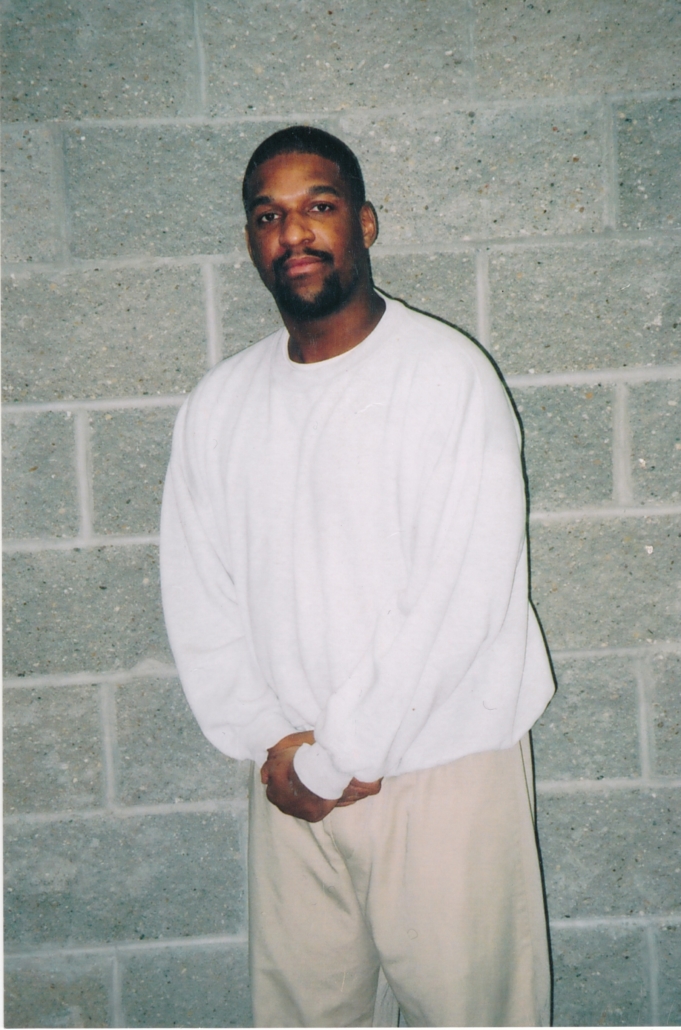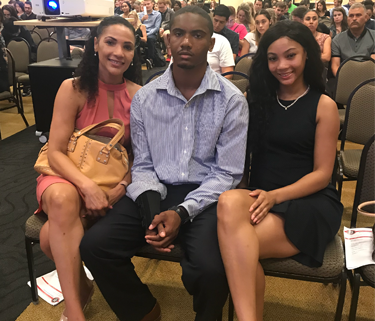Corey Johnson Must Not Be Executed

The Arc and other advocacy groups are urging President Trump to intervene immediately and stop the unconstitutional execution of a man with intellectual disability scheduled to take place in a matter of days. Corey Johnson’s execution, scheduled for January 14, would violate the Constitution and federal law.
Mr. Johnson is a person with intellectual disability. Three nationally recognized experts in intellectual disability have evaluated Mr. Johnson and agree on this diagnosis, but yet, no court has ever heard the evidence to review whether Johnson’s disability bars him from execution. Unfortunately, Mr. Johnson’s trial and post-conviction attorneys failed to conduct a thorough investigation of various avenues of mitigating evidence and did not locate critical information concerning his intellectual disability.
“We support Corey Johnson’s clemency petition, asking the Administration to commute his death sentence to life in prison without parole,” said Peter Berns, CEO, The Arc. “For decades, The Arc has advocated for capital defendants with intellectual disability leading to critical Supreme Court precedent prohibiting their execution. It would be a devastating miscarriage of justice for Mr. Johnson to be executed in clear violation of the Constitution.”
Mr. Johnson was raised in poverty and experienced a chaotic, abusive, and tremendously unstable childhood. He had lived in more than ten different homes by the time he was 12 years old and attended nearly a dozen different schools during that same period. Mr. Johnson failed at every level of school.
Mr. Johnson had similar struggles socially. He never learned how to interact with others, to read social situations, to communicate effectively, or to problem-solve. His peers recounted his limited vocabulary and difficulty following instructions. He did not learn the range of skills necessary to live independently as an adult. Expert reports based on interviews with peers, family members, teachers, and other acquaintances throughout Mr. Johnson’s life describe him as “highly gullible and naïve” and lacking the ability to understand the consequences of his actions. As a child, he was frequently teased and largely passive; he followed the lead of others and engaged in the activities those around him pursued.
Mr. Johnson regularly succumbed to peer pressure to engage in risky behaviors and was frequently victimized and easily manipulated by family members and peers. Mr. Johnson’s challenges continued with him into adulthood.
Nearly 20 years ago, in Atkins v. Virginia (2002), the U.S. Supreme Court ruled that the execution of people with intellectual disability is unconstitutional under the Eighth Amendment’s ban on cruel and unusual punishment. In Hall v. Florida (2014), the Court rejected an arbitrary cutoff for IQ scores in making the intellectual disability determination and emphasized the importance of courts consulting clinical standards in their analysis. The Court’s decisions in Moore v. Texas (2017, 2019) strengthened this precedent by emphasizing the need to rely on well-established clinical standards—rather than stereotypes—in making intellectual disability determinations in death penalty cases.
The Arc has deep sympathy for the family and friends of the victims in this case, and supports appropriate punishment of all responsible parties. The Arc does not seek to eliminate punishment of Mr. Johnson or others with disabilities but, rather, to ensure that justice is served and the rights of all parties are protected. The Arc is committed to seeking lawful outcomes for people with intellectual disability and will continue working to ensure that the U.S. Supreme Court rulings on this issue are abided by in jurisdictions across the country.














